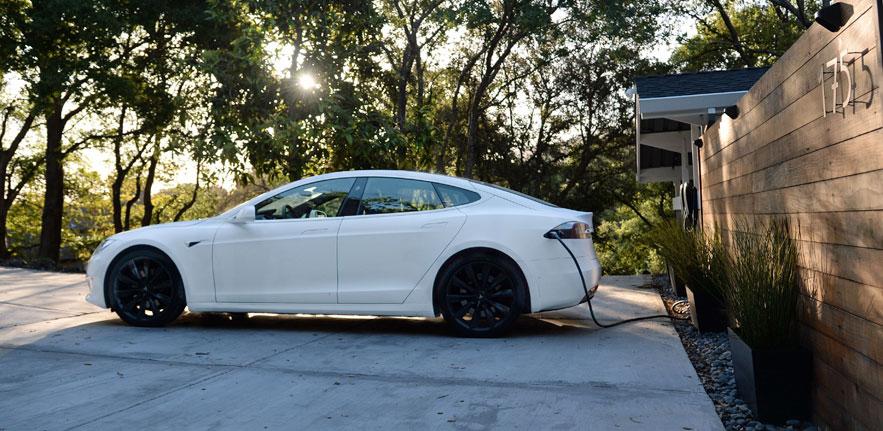
27 July 2017 – Jill Duggan, Director of The Prince of Wales’s Corporate Leaders Group, welcomes government plans to upgrade the UK energy system but warns leaders not to rest on their laurels.
At last a plan for the future
By Jill Duggan, Director of The Prince of Wales’s Corporate Leaders Group
27 July 2017
Back in 2008 the notion that electric car batteries could provide the storage to help us balance our needs was dismissed by many, including those in government as ‘pie in the sky’ and unlikely to be a serious prospect for decades. Less than ten years on such notions are very much in the realm of hard realism and take a central role in the UK Government’s plan ‘Upgrading our Energy System’ published this week.
It is worth remembering that around ten years ago Britain generated around 2 per cent of its energy needs from renewable sources, rising to 25 per cent by 2015. Today over a million homes boast solar or photovoltaic panels. Technology and targets (the latter largely set in Europe and resisted by UK Governments) have driven this change.
This plan, that is part of the Government’s Industrial Strategy, is to be welcomed on many fronts: firstly it is a plan that looks to the future, building on the technological developments of the last decade and painting a picture of a nation where homeowners have lower bills, more controls, as well as cleaner and quieter streets. Further, its vision is far more ambitious than the first cut at an Industrial Strategy, earlier this year, and shows a willingness to pay greater attention to the voices of business and civil society than that initial paper indicated.
As a blueprint for the future it is a refreshing contribution to the development of a net zero carbon economy, alongside the very welcome announcement on no more fossil fuel vehicles after 2040 – two weeks after President Macron announced the same initiative in France.
So whilst praise is due to the UK Government, they are not leaders in these spheres and certainly cannot rest on their laurels. India has proposed no new fossil fuel cars from 2030, and with a population of around 1.3 billion and an economy growing at more than three times the rate of Europe, is likely to be able to deliver on this ambitious goal. What is interesting is that two years on from the Paris Climate Agreement, with businesses backing, we are seeing a race to the top rather than the bottom. And the contrary pronouncements of the United States’ Federal Government have rapidly become an irrelevance. The UK needs to be ambitious to keep up.
From a trade perspective, these announcements show that the UK is rightly looking for what and where new markets will be so that it is well placed to take advantage of future opportunities. This is a welcome counterpoint to the more traditional approach.
In the domestic political context, Greg Clarke at the Department for Business, Industry and Industrial Strategy, and Michael Gove at Defra, have recognised that one way to distinguish themselves in a minority government is to get support from the significant community within the Conservative party who have an interest in these issues. With all to play for the Government will increasingly be drawn into progressive and regressive factions and, if this week’s announcements are anything to go by, it’s just possible that the climate and the environment will be the winners.






